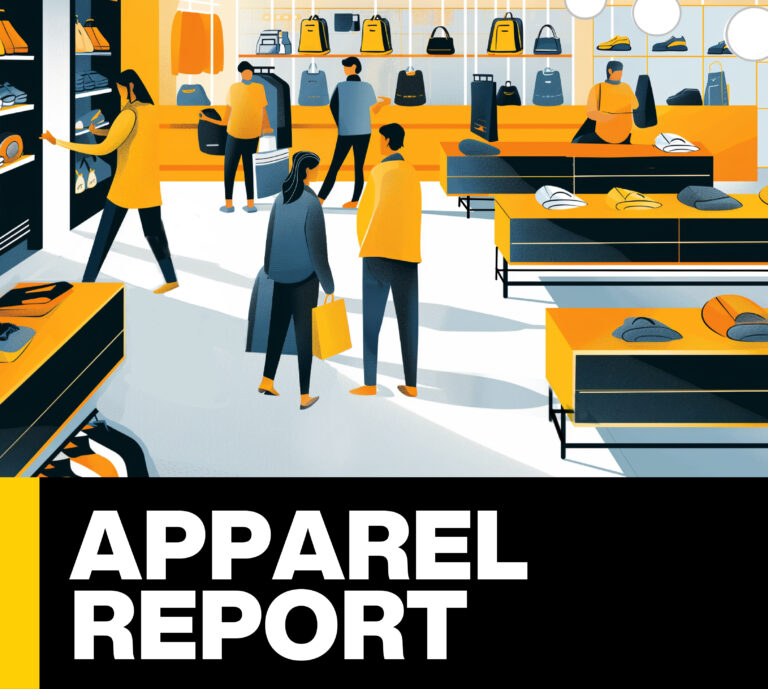×

Our Executive Director of Architecture, Glen Middleton, shares how brands should be approaching sustainable retail design.

Today, women are better positioned than ever to flex their financial muscles. A record number of women have rejoined the U.S. labor force, surpassing pre-pandemic levels. Moreover, the unemployment rate among women has plummeted to an all-time low of 3.4%. These statistics point to a significant shift in the dynamics of the workforce, and consequently, consumer behavior.
But, it’s not just about spending; it’s about empowerment. Women, who are 16% more likely than men to save for future expenses—and have often been cautious in their financial decisions—are now embracing a sense of freedom akin to what men have traditionally experienced. It’s true, girls just wanna have fun, but they also want to spend boldly! In the wake of adversity, the power of the female dollar has emerged as a force to be reckoned with. Despite the data showing that women generally earn less than men, an analysis by LendingTree shows that single women own 2.46 million more homes than single men. And we can’t talk big-ticket items without inviting Taylor Swift and Beyoncé to the party. Swift fans treated themselves by spending an average of $1,327 to attend an Eras tour concert, that’s around $400 more than they initially budgeted for, including tickets, outfits, travel, merch, and food.
If anyone doubted whether the Beyoncé Bump was real or not, Yelp’s Local Economic Report outlined the impact of Queen Bey’s Philadelphia Renaissance performance, which included everything from a 21% increase in hotel searches to a 30% rise in diners seated via Yelp.
Of course, it’s not all big-ticket items. Women are also in the majority when it comes to treating themselves to smaller purchases, like a cup of coffee, a new beauty product, or a cocktail at happy hour. In a world where not much can be controlled, consumers can control how they’re spending their money. In this moment, there’s a celebration of gained autonomy and a declaration of financial strength. Ultimately, there’s more opportunity for retailers to gain the attention of the female dollar, and brands who view this as just a passing consumer “trend” will miss out on building a larger community of loyal shoppers.


